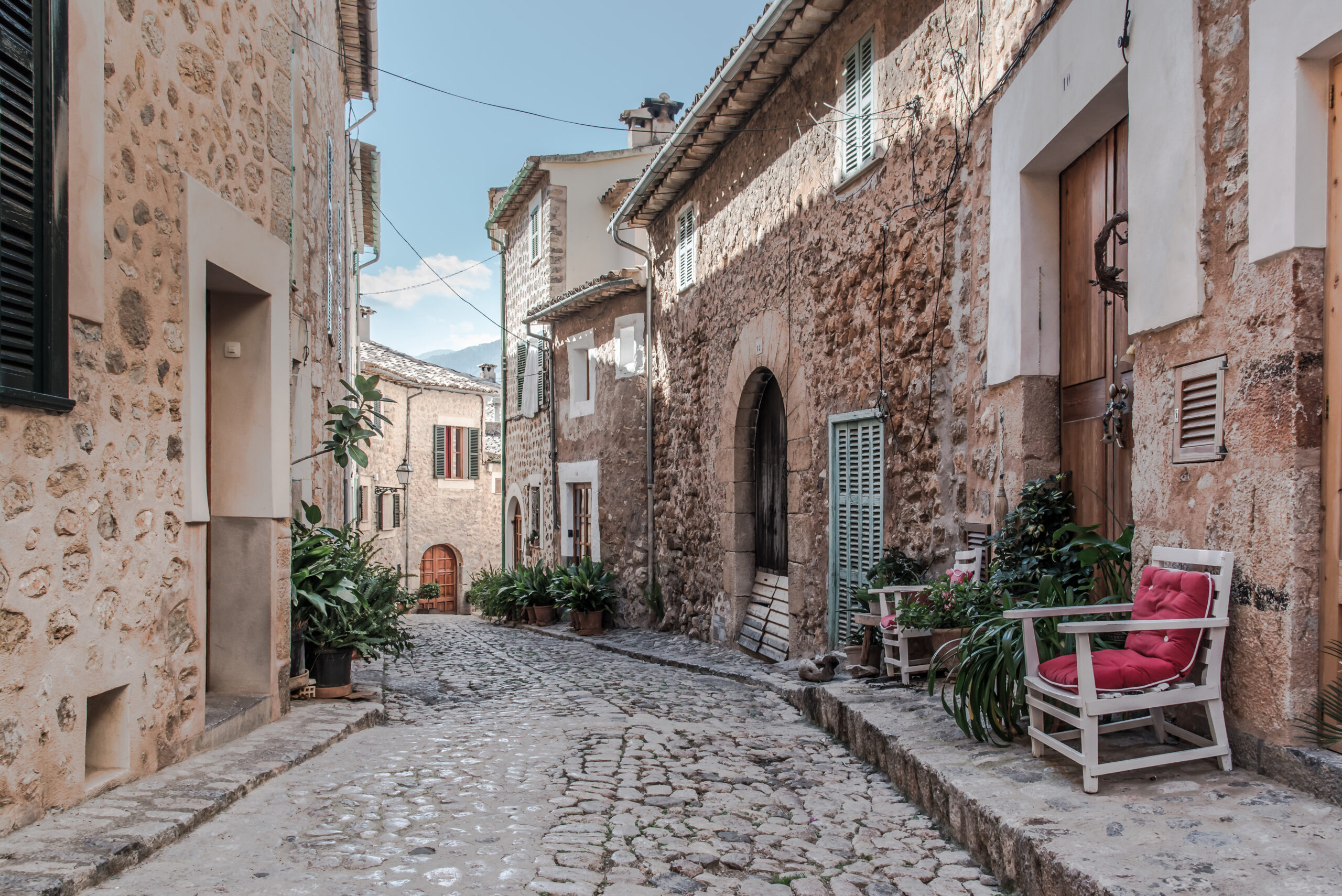
Our story
The BIOSTARS project emerged from the urgent need to revitalize MED rural communities, which often suffer from unemployment, lack of services, and limited support for entrepreneurship and social innovation. At its core, the project promotes a sustainable, inclusive, and circular bioeconomy as a path to economic opportunity, social cohesion, and environmental preservation. By fostering collaboration between startups, social enterprises, investors, and local communities, BIOSTARS aims to spark a new wave of innovation in rural areas. Through its practical toolkit and peer-to-peer approach, the project empowers regions to adopt bio-based solutions that address local challenges, enhance green skills, and build resilient, future-ready rural economies.
Our consortium brings together partners from Bosnia and Herzegovina, Croatia, Cyprus, Greece, Italy, and Spain, united in the mission to develop sustainable solutions for the Mediterranean region, with the support of various institutions and organizations.
Inspired by key European strategies—including the European Startup Village Forum Initiative and the newly launched EU Startup and Scaleup Strategy—our journey begins in April 2025. With a firm commitment to long-term impact, we aim to establish a strong foundation for future initiatives in this critical area of rural and sustainable innovation.
A COMMUNITY COMMITTED TO SUSTAINABILITY
As a Thematic Project under the Interreg Euro-MED programme, BIOSTARS is fully aligned with the programme’s Results Amplification Strategy, which plays a central role in enhancing impact across the Mediterranean, as it supports the exploitation, sharing, and reuse of knowledge and results, fosters the transfer of effective practices to new actors and regions, and strengthens coordination among stakeholders throughout the area.
By working closely with other Interreg Euro-MED projects and promoting knowledge exchange, BIOSTARS will help ensure that the innovative solutions developed within the project generate long-lasting, positive change—not just within project territories, but across the entire Mediterranean region.


